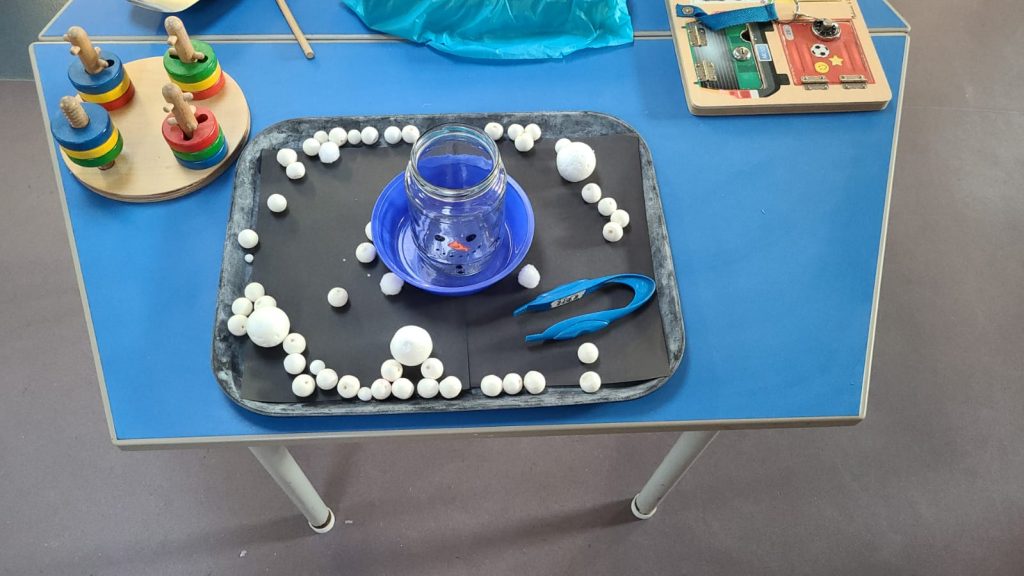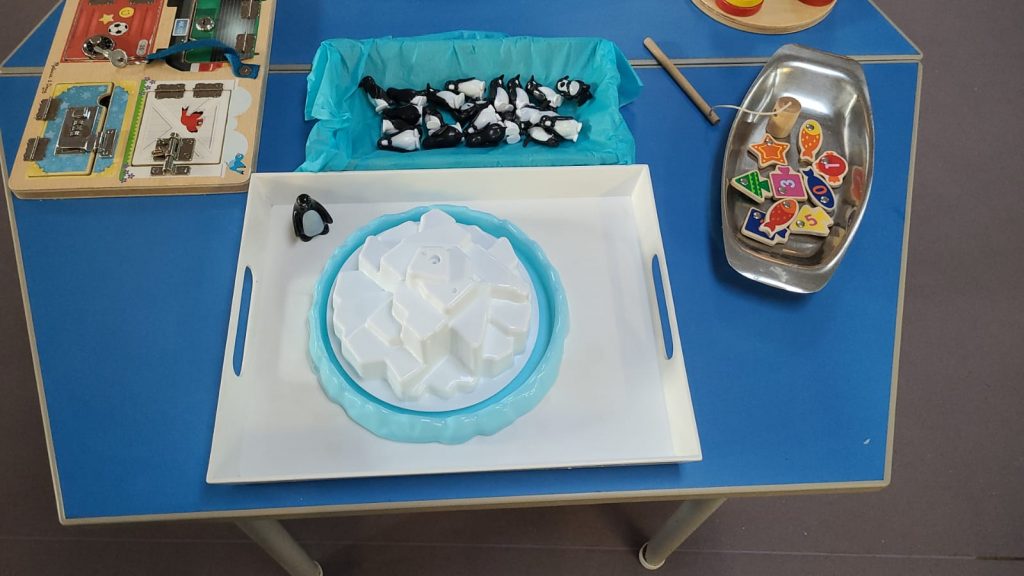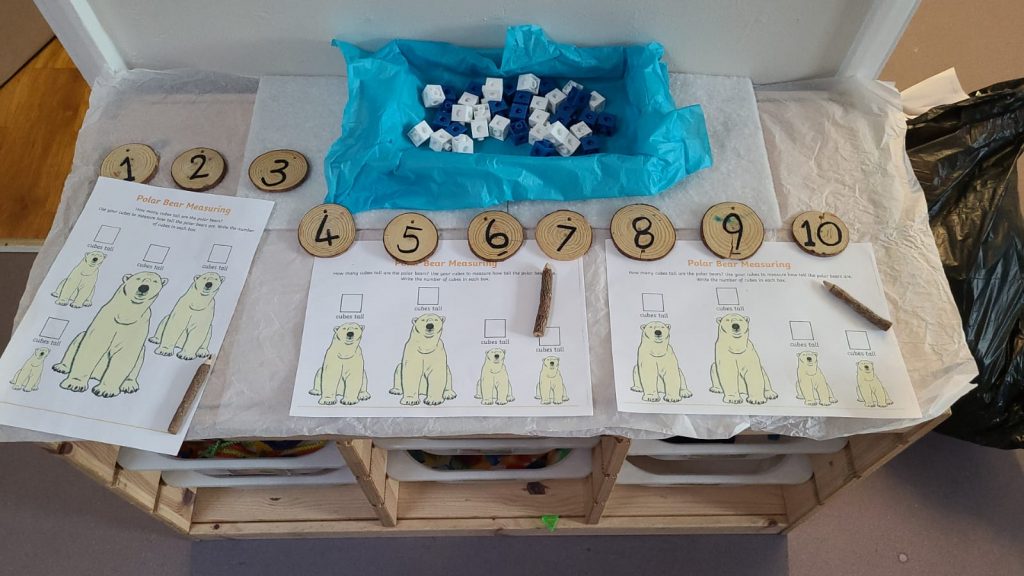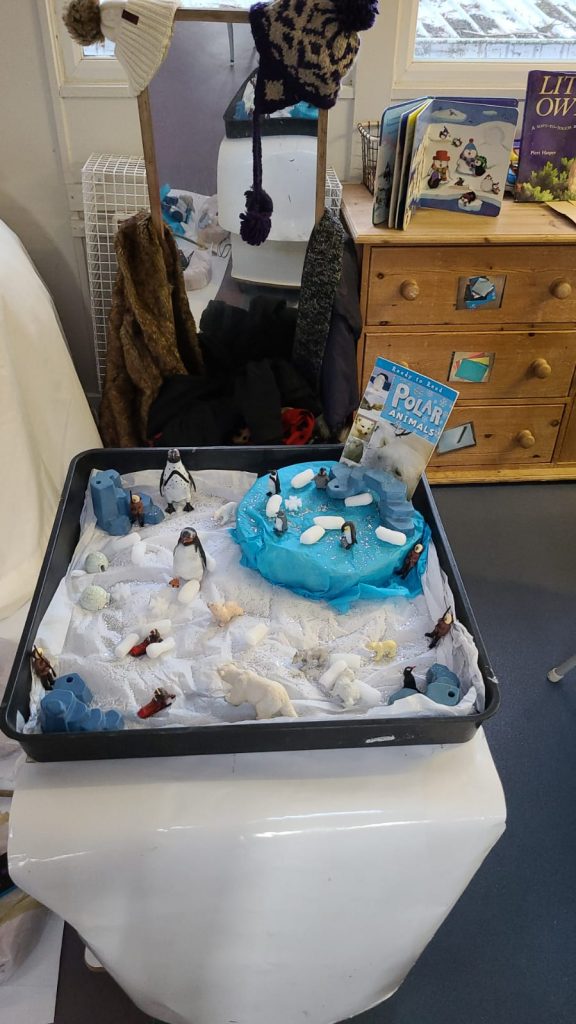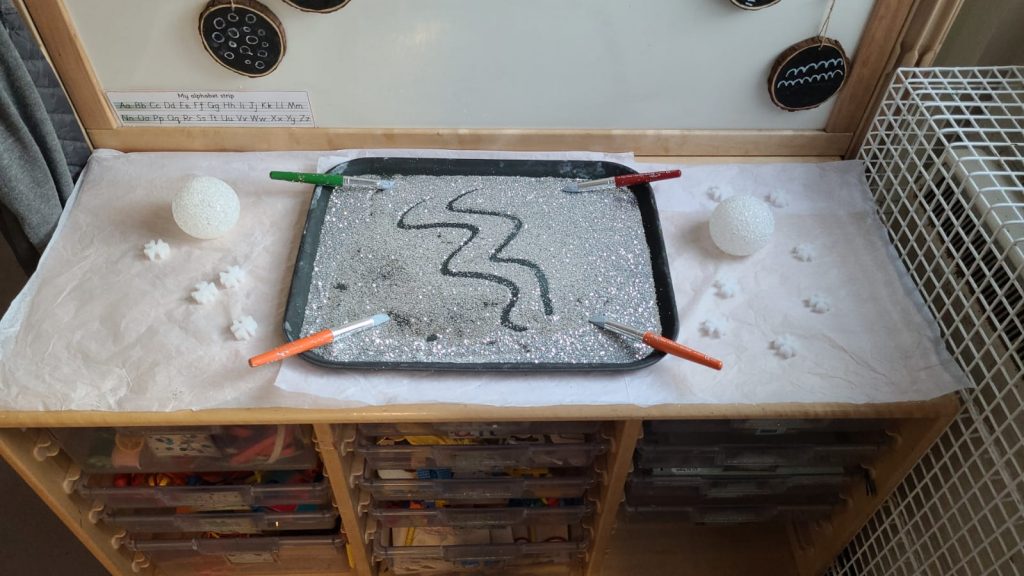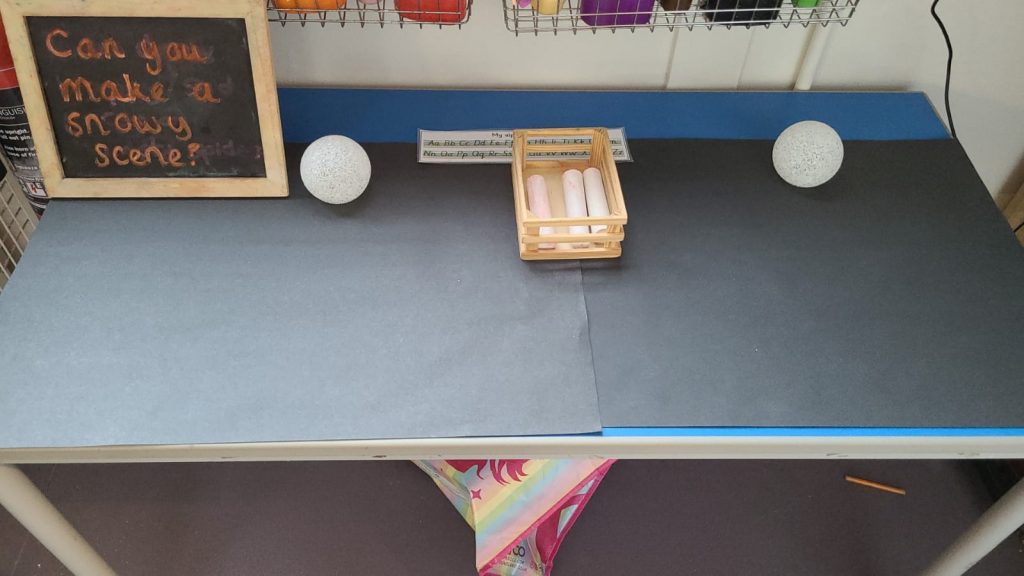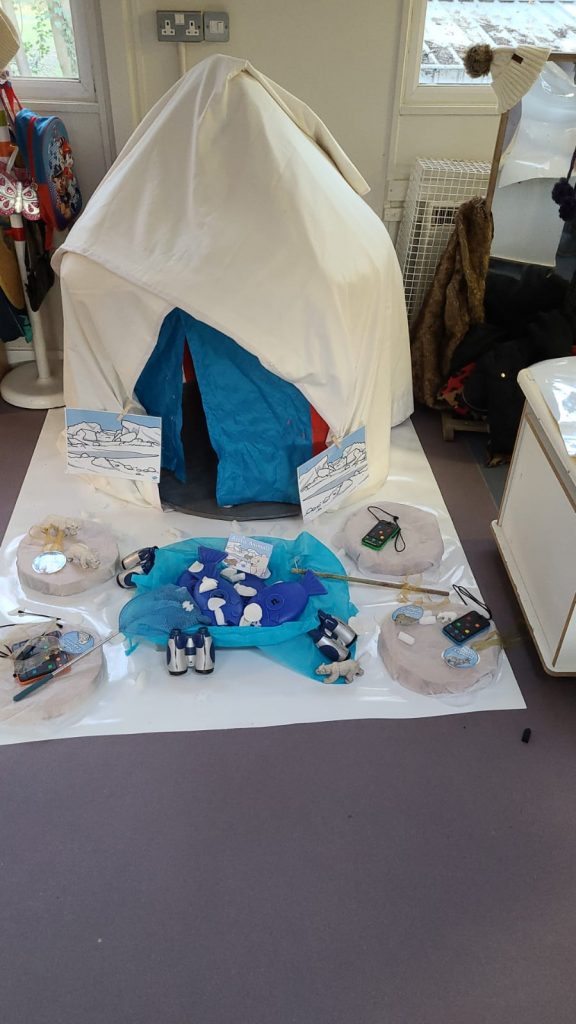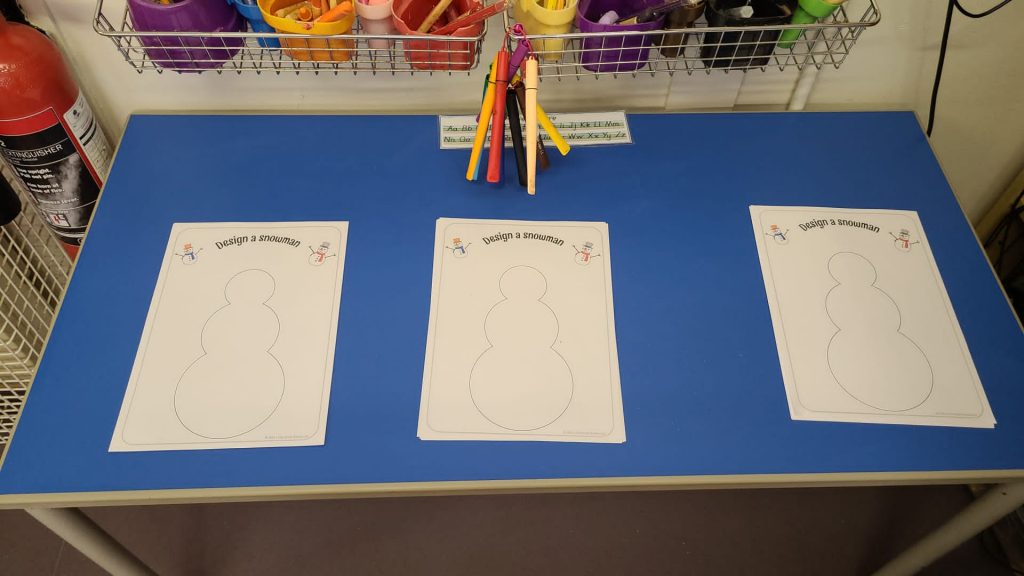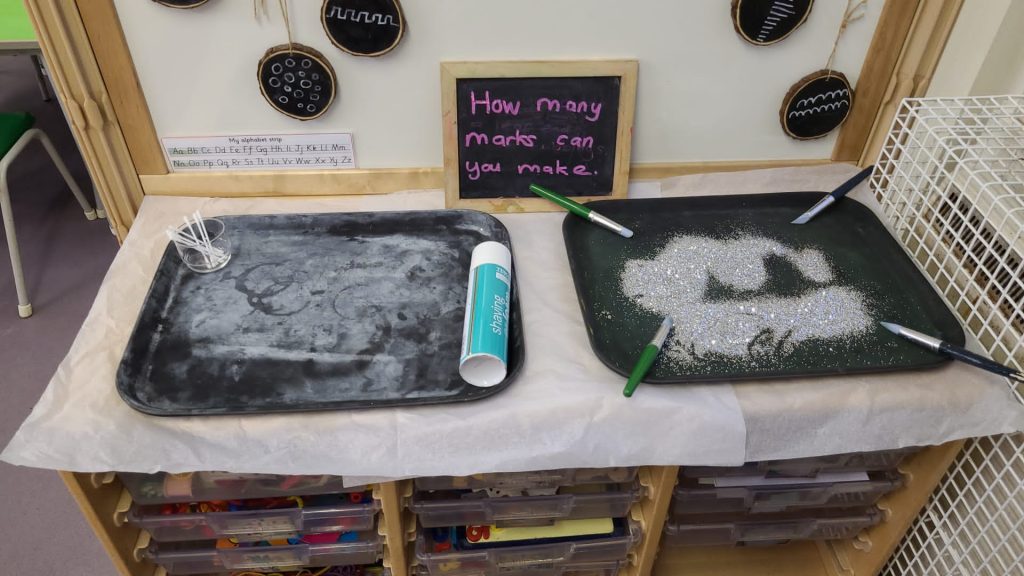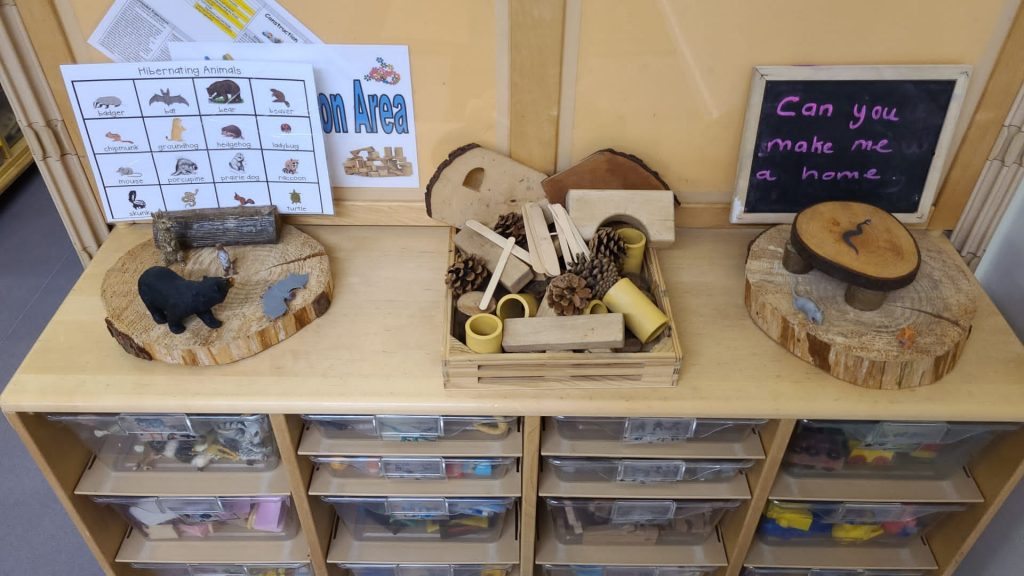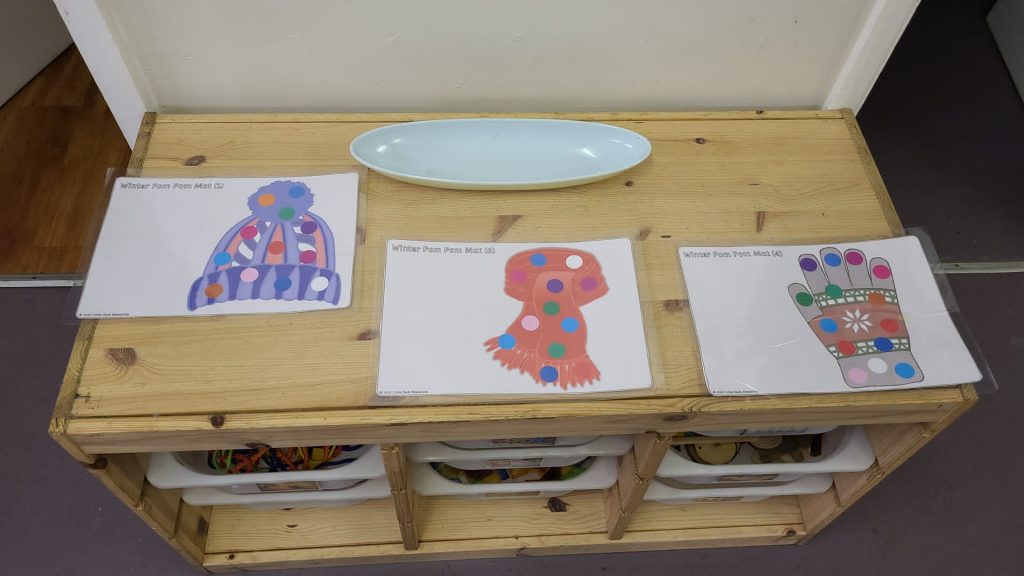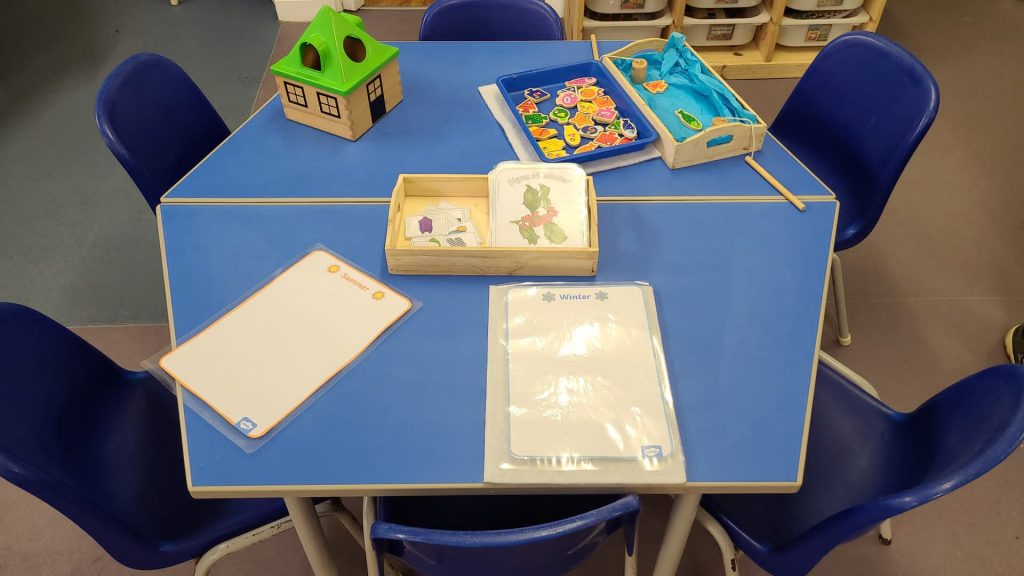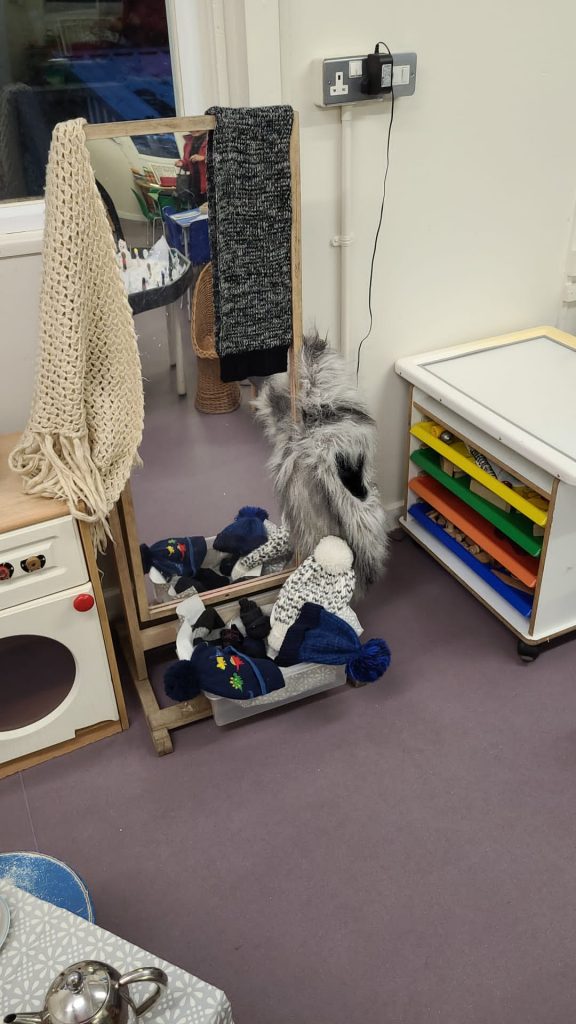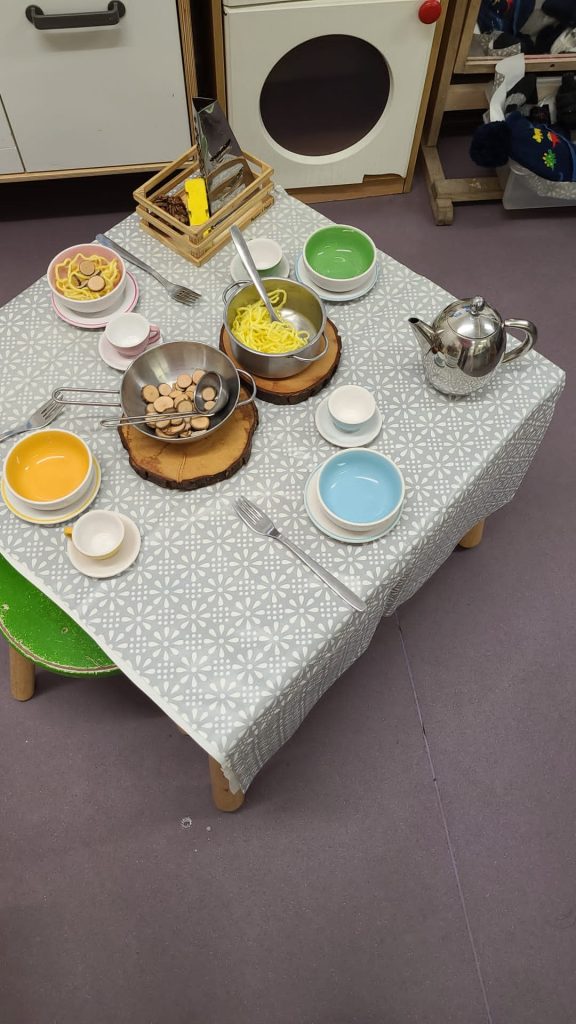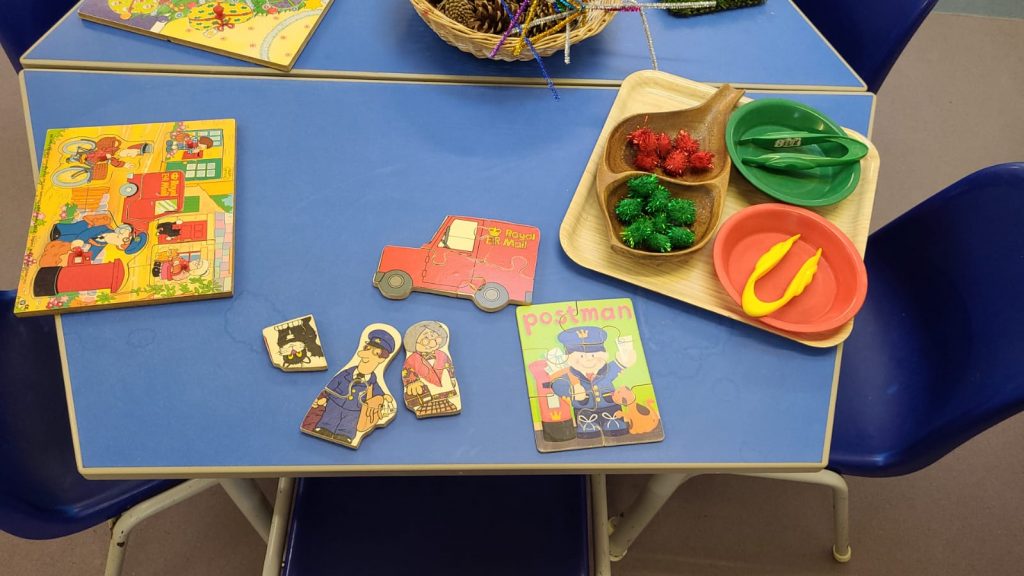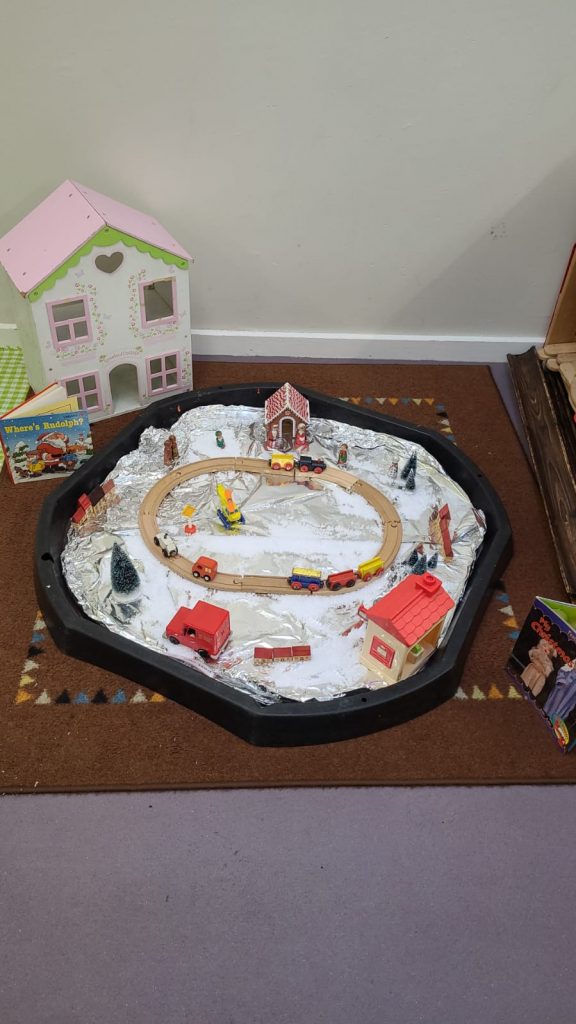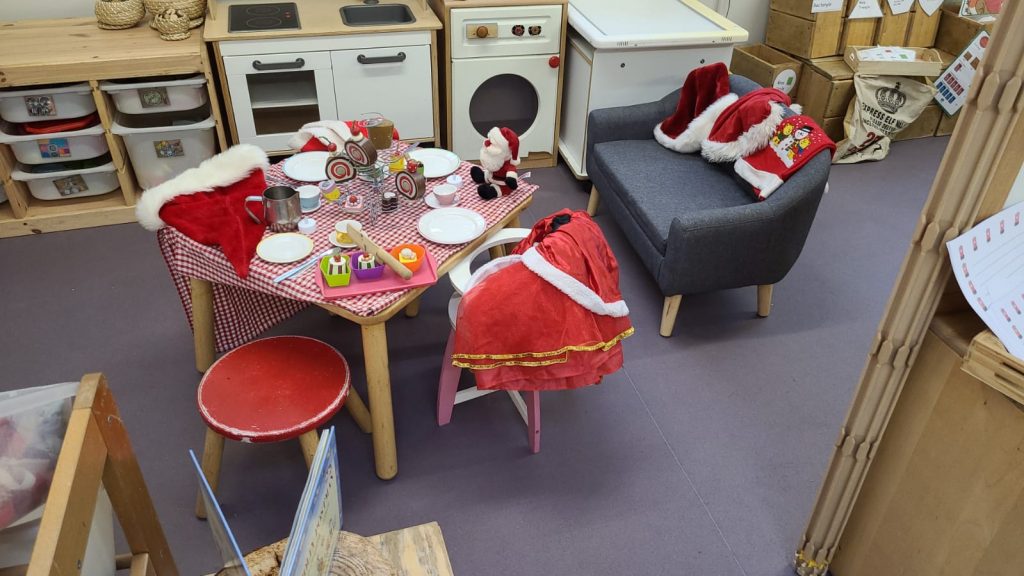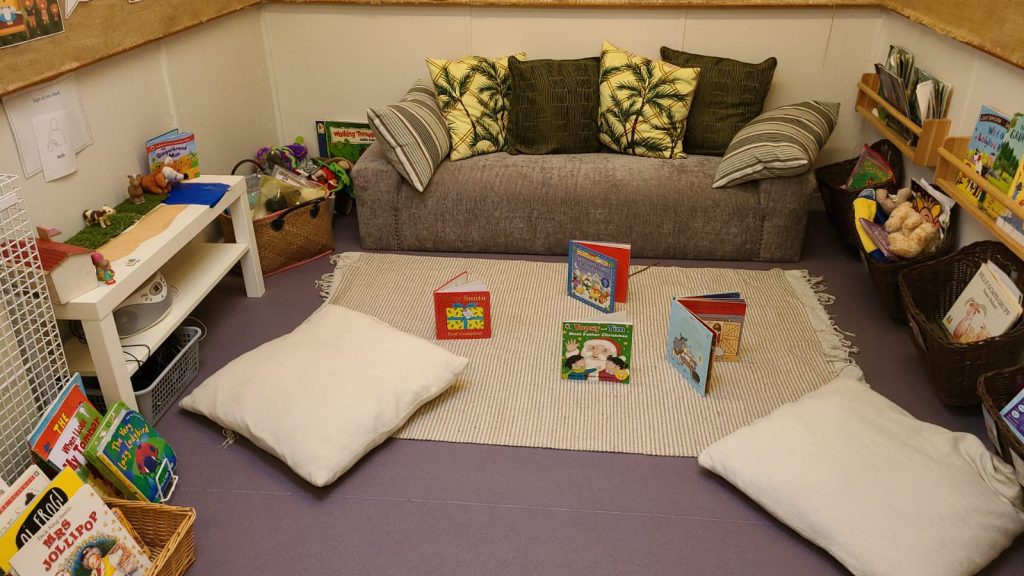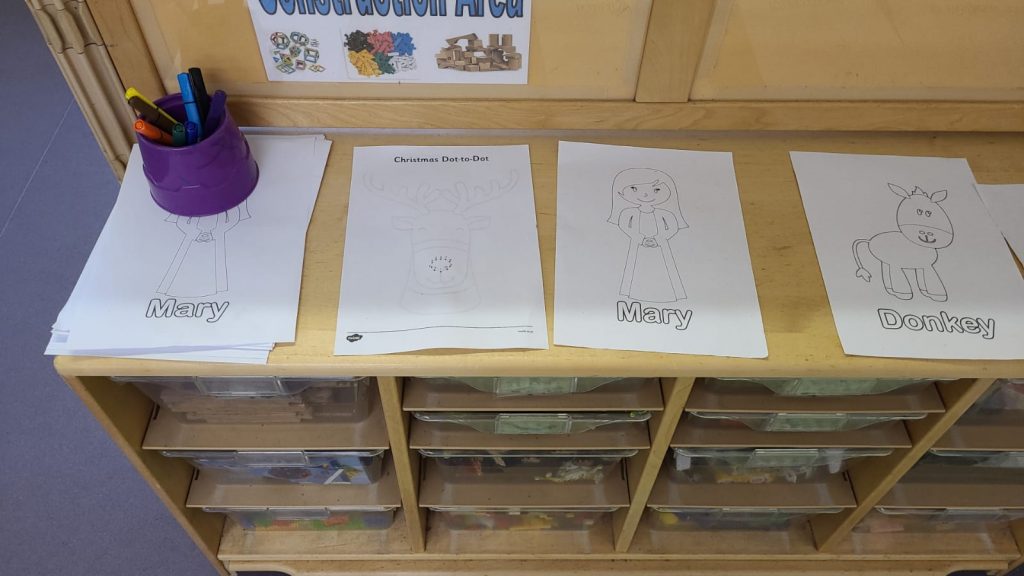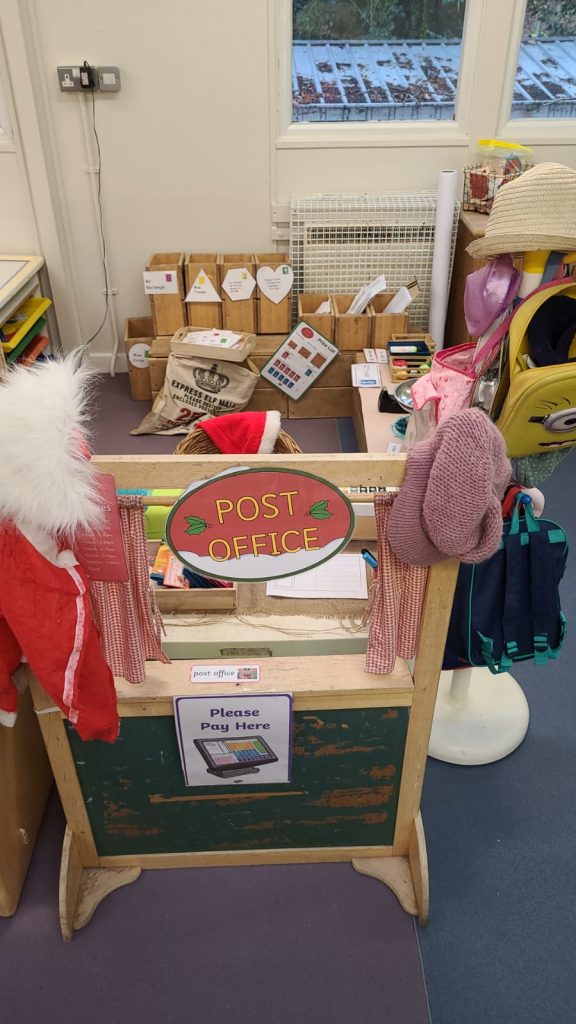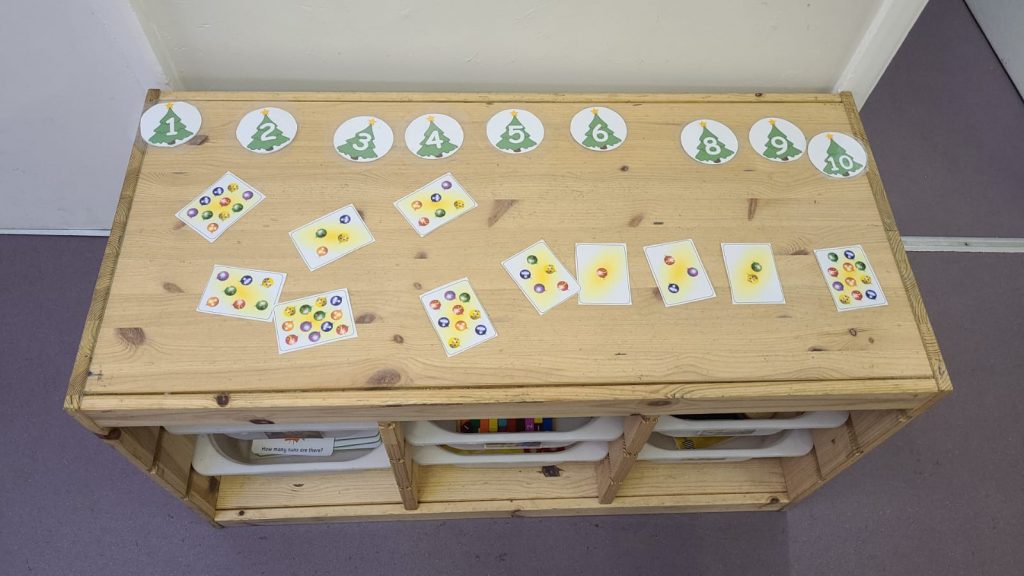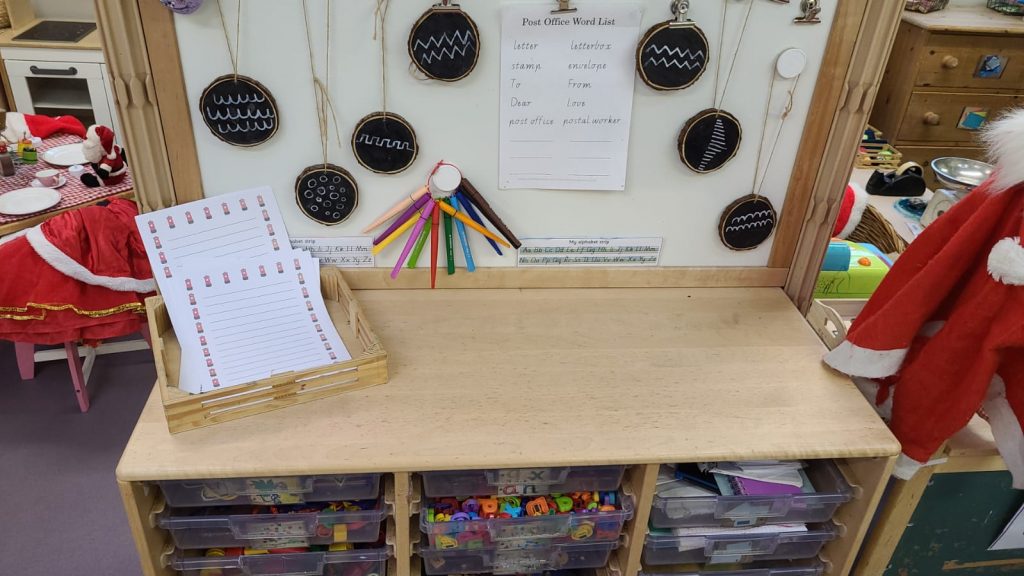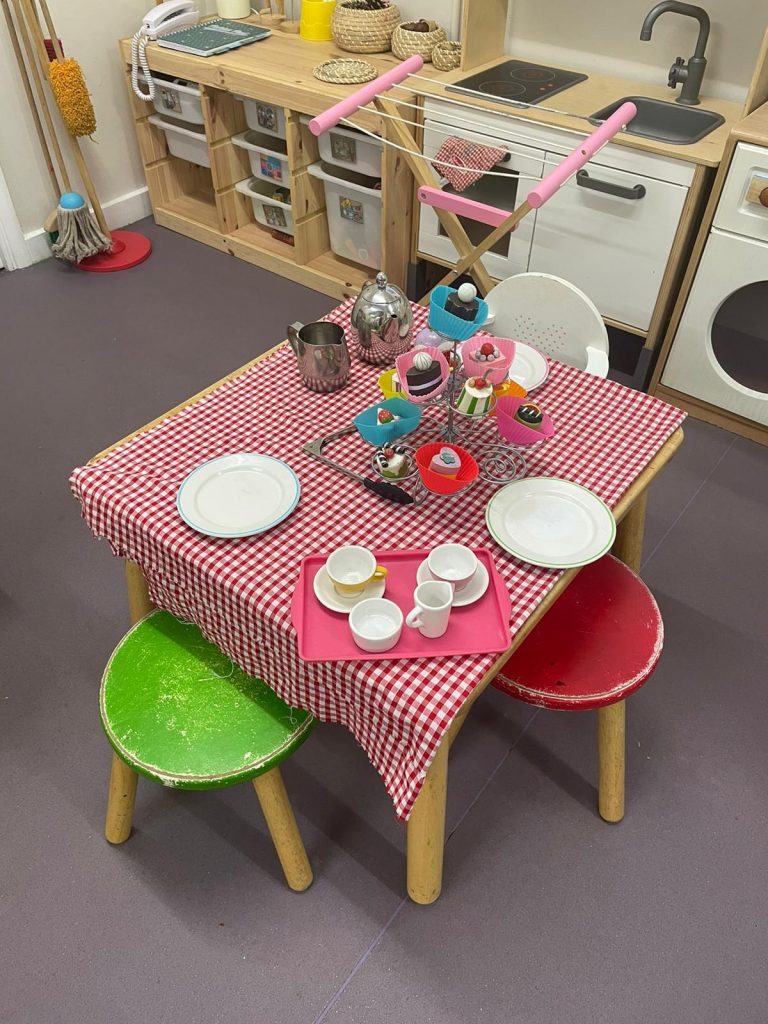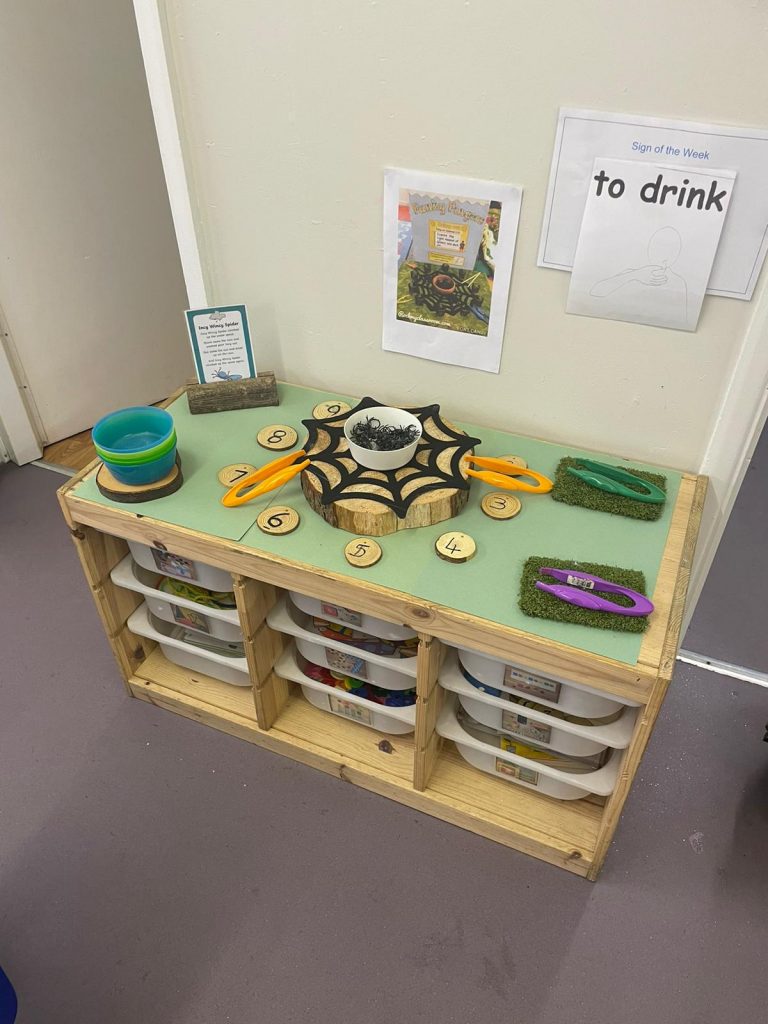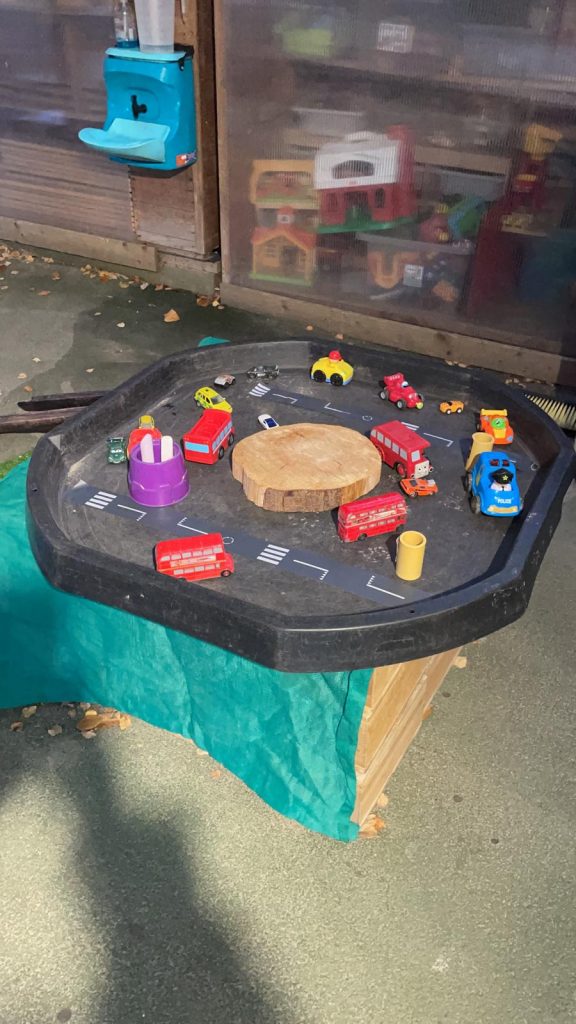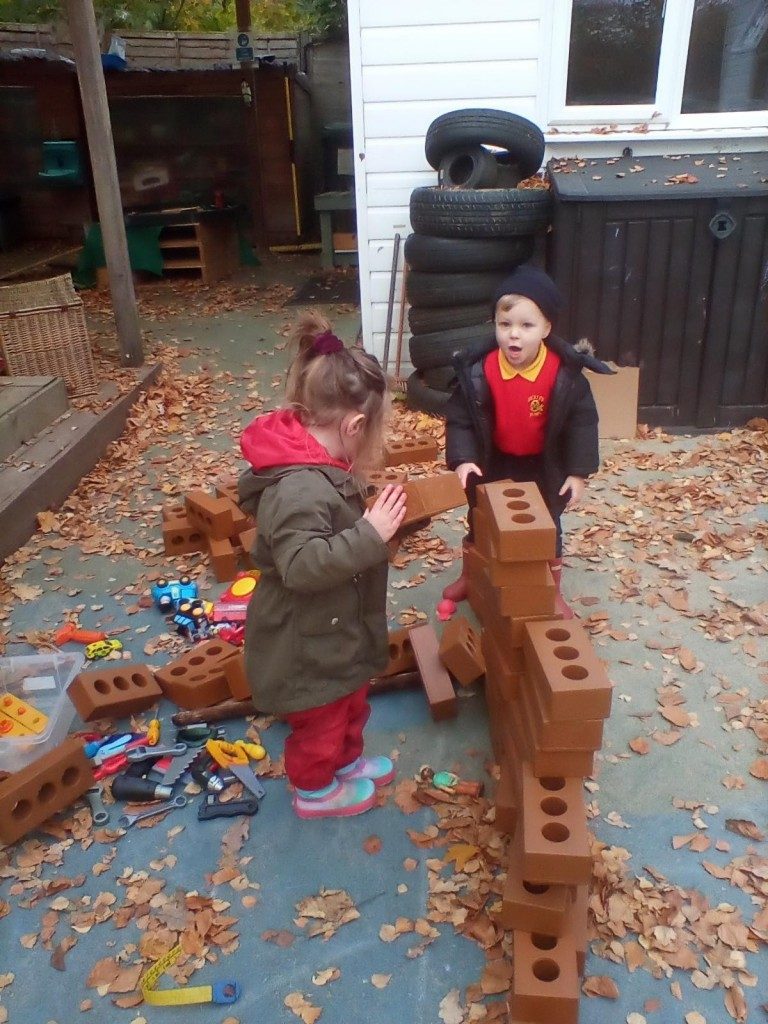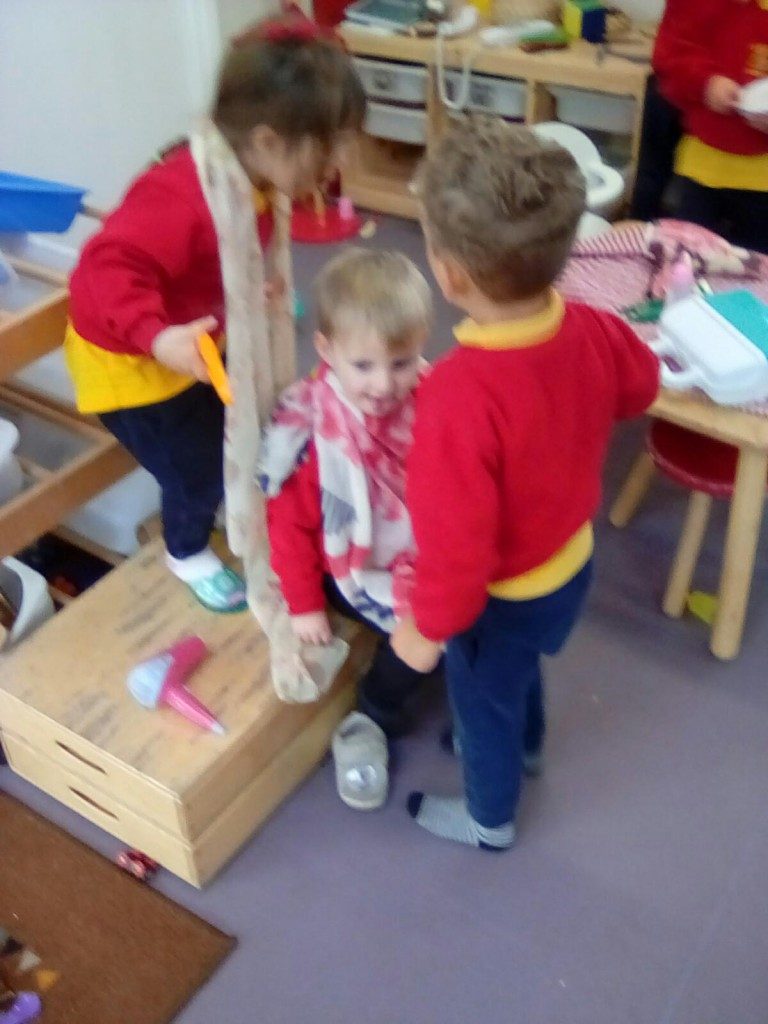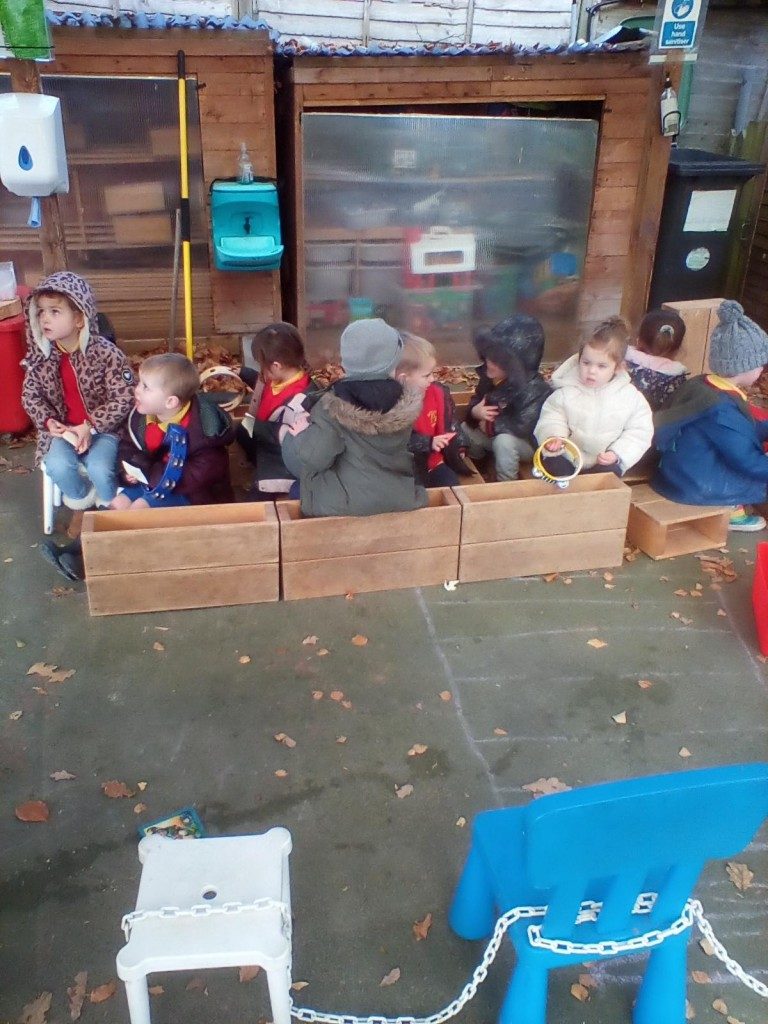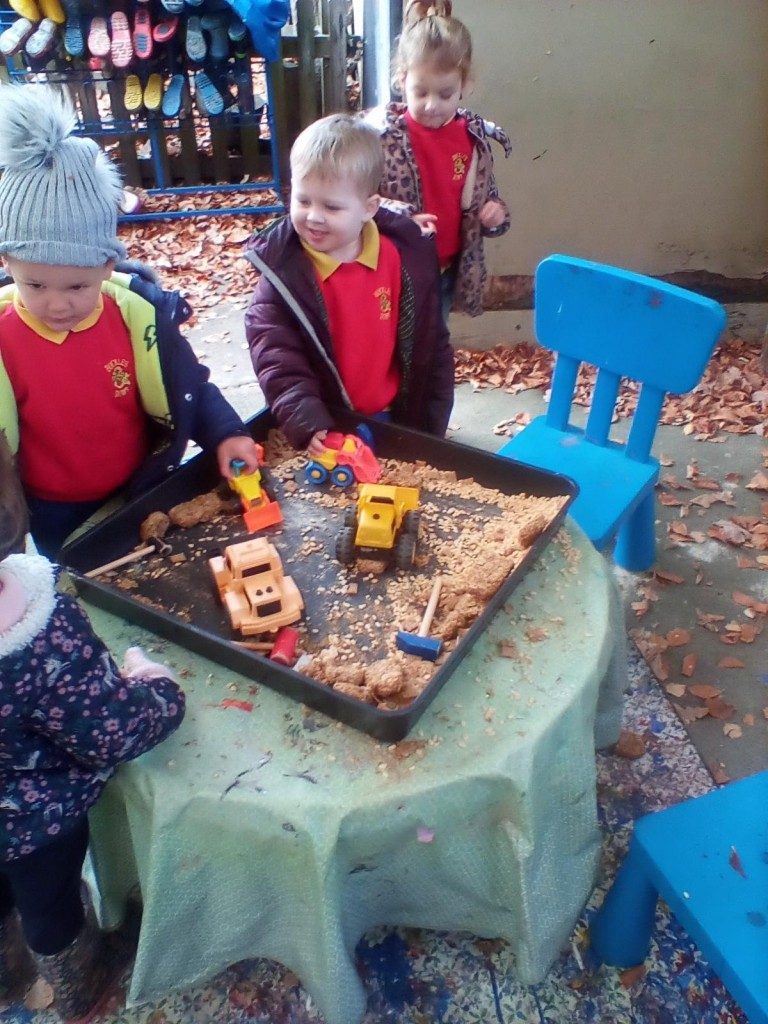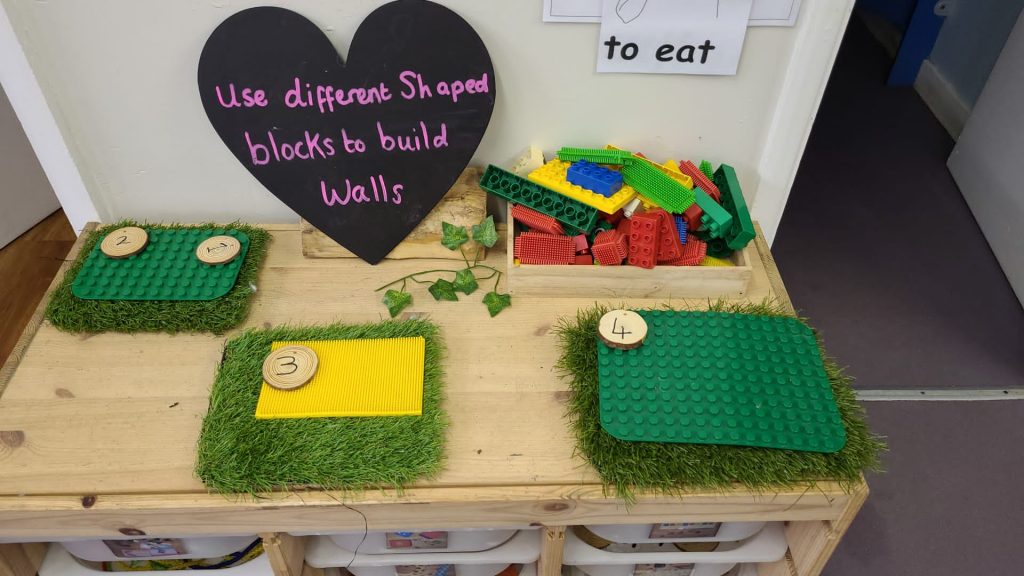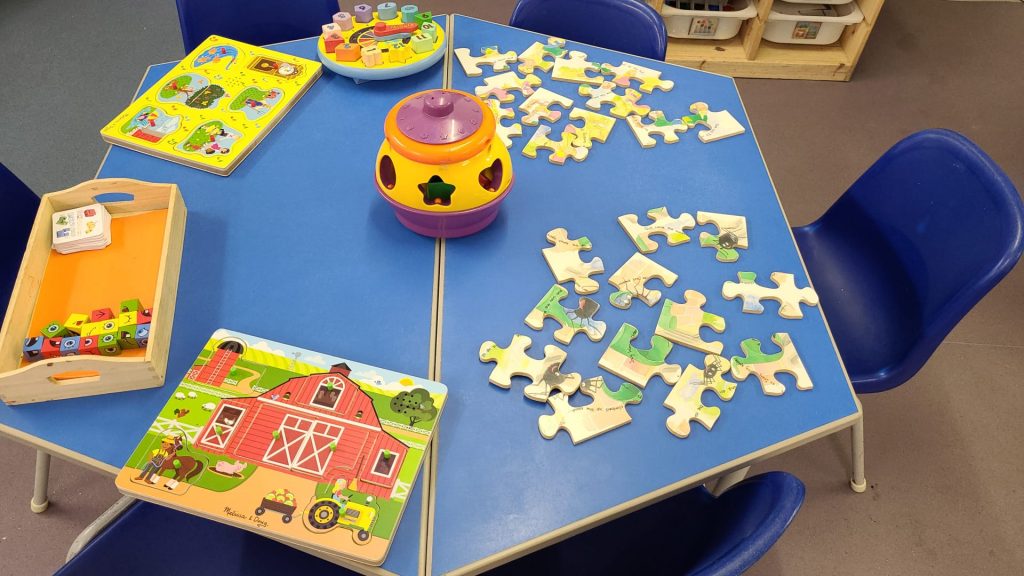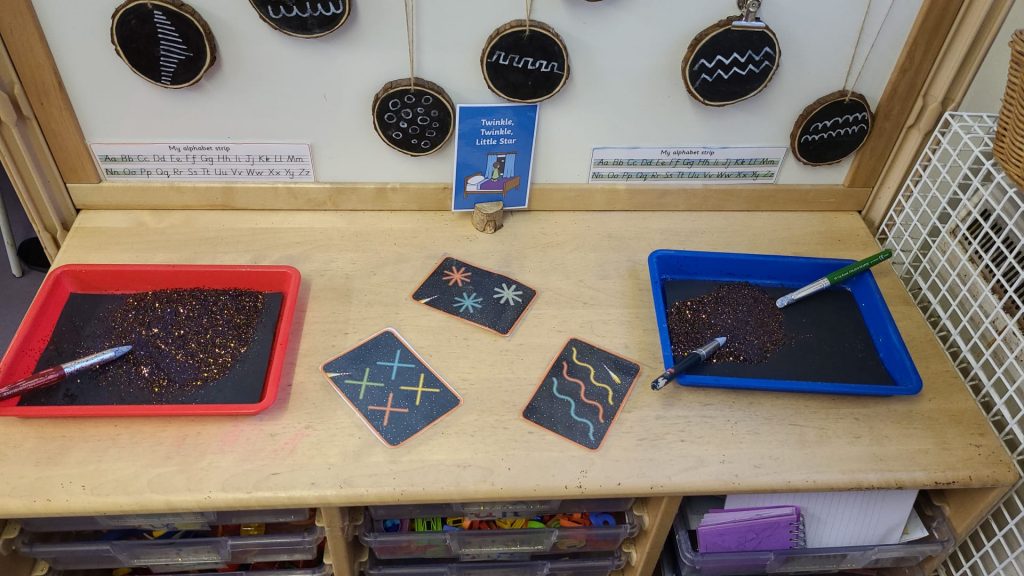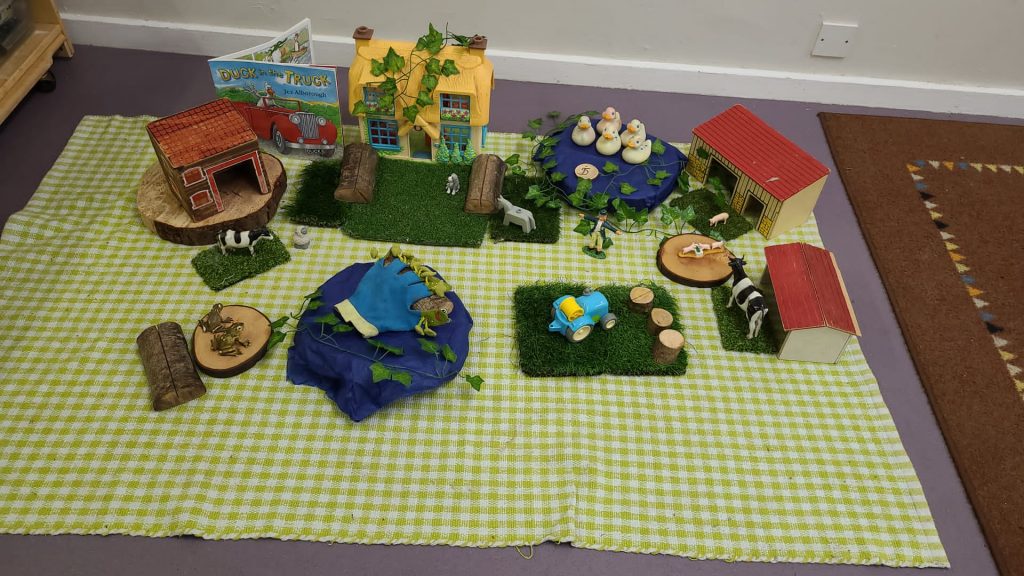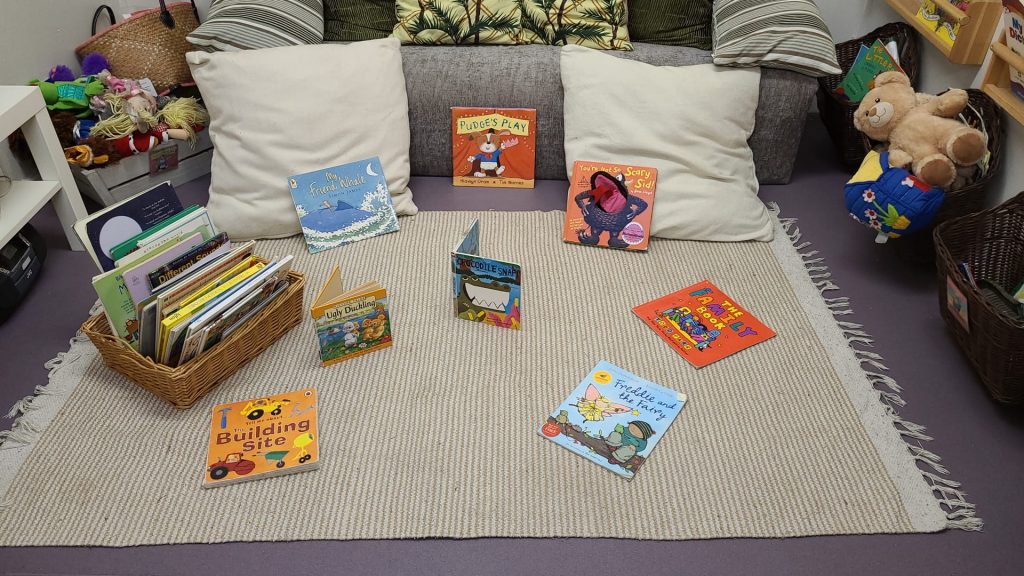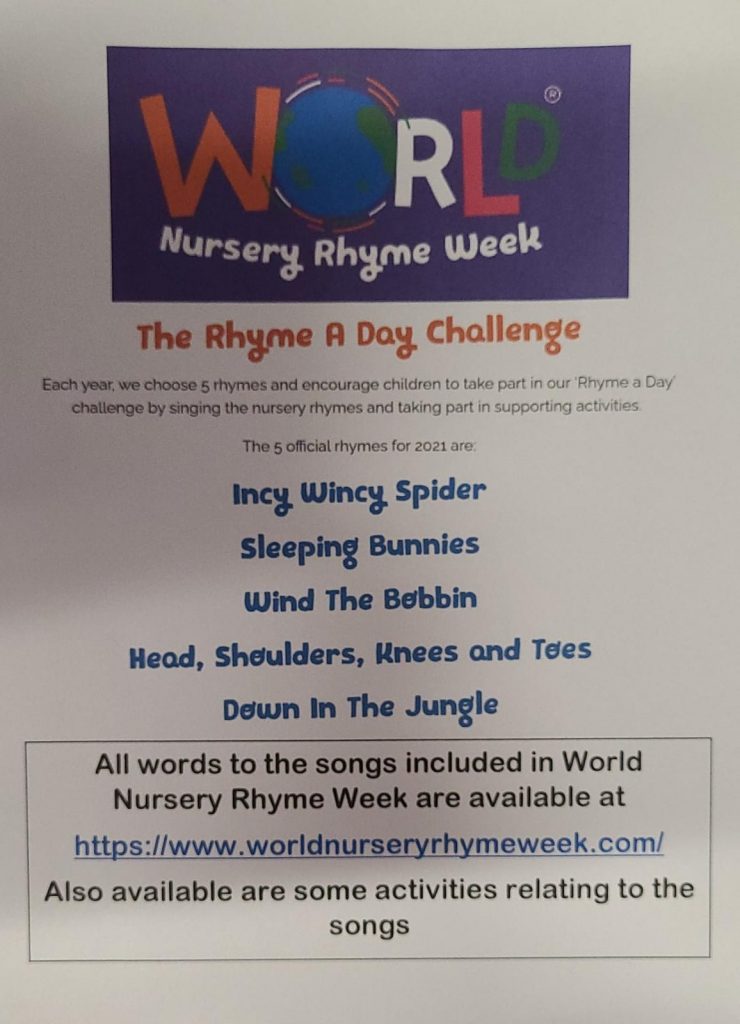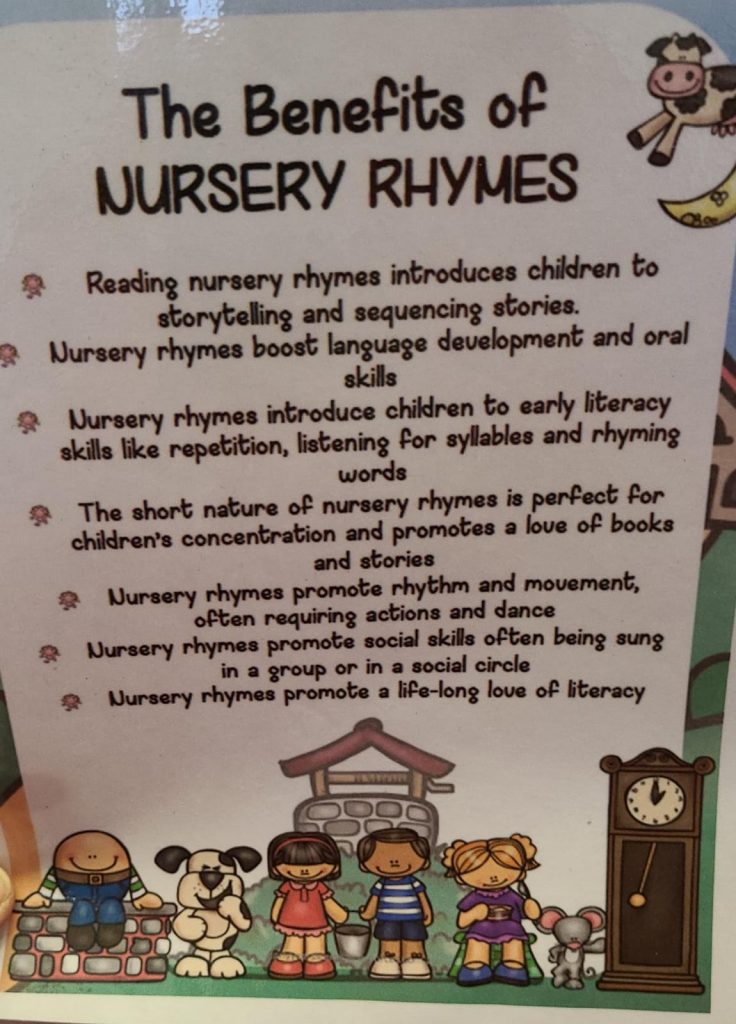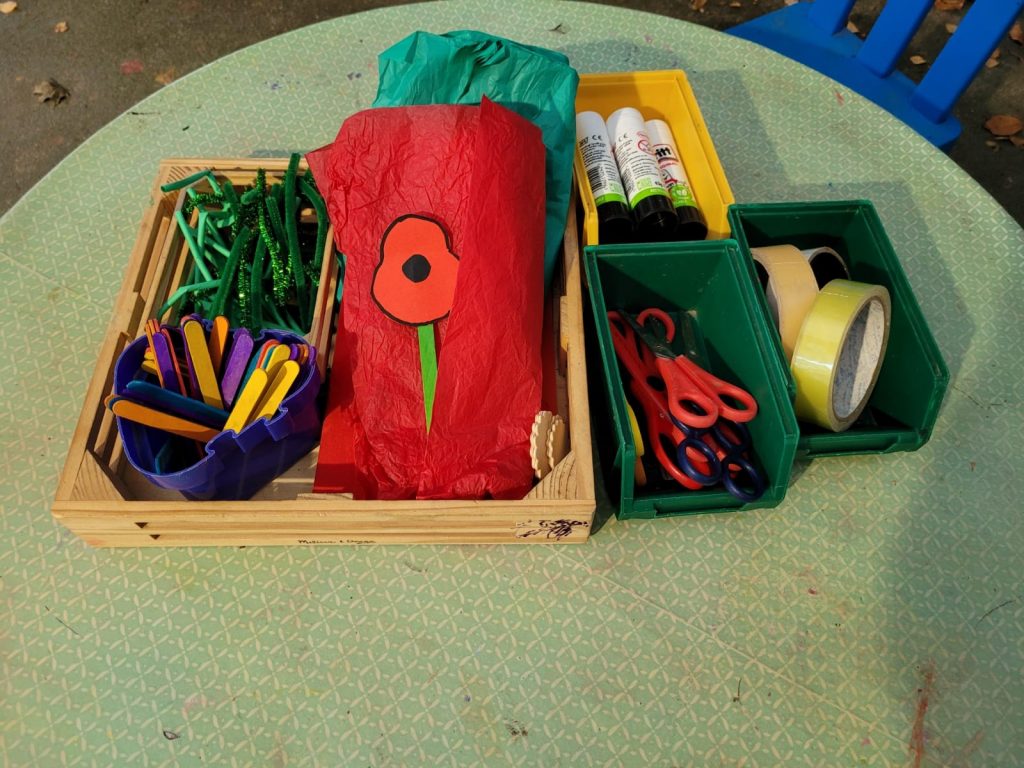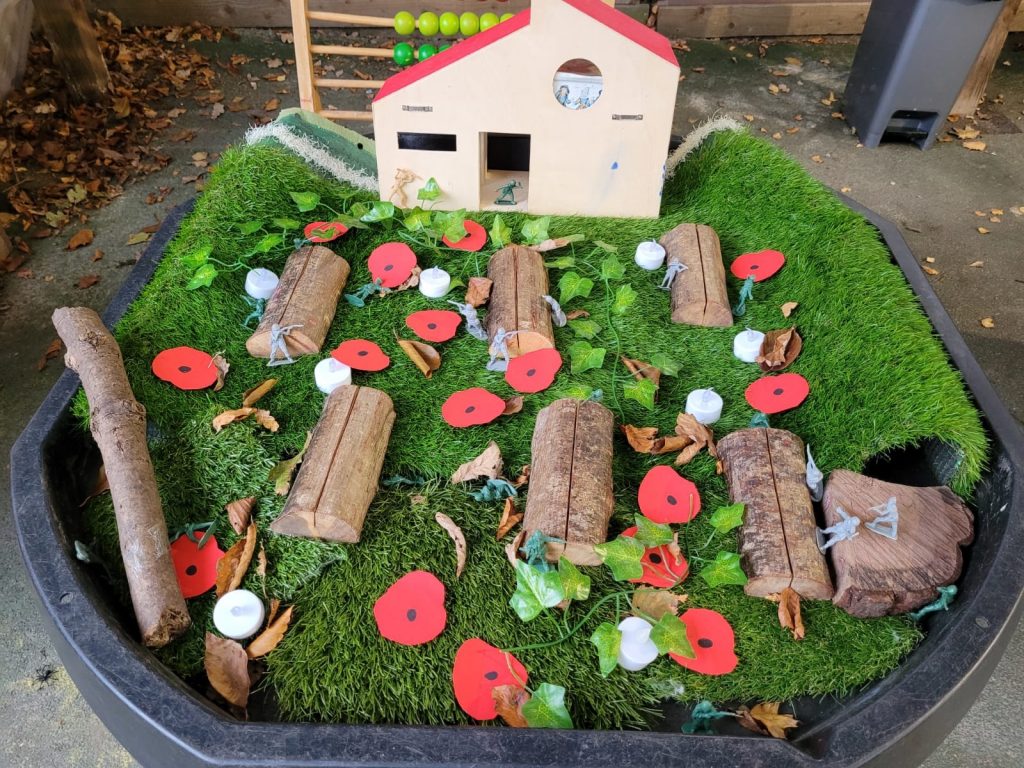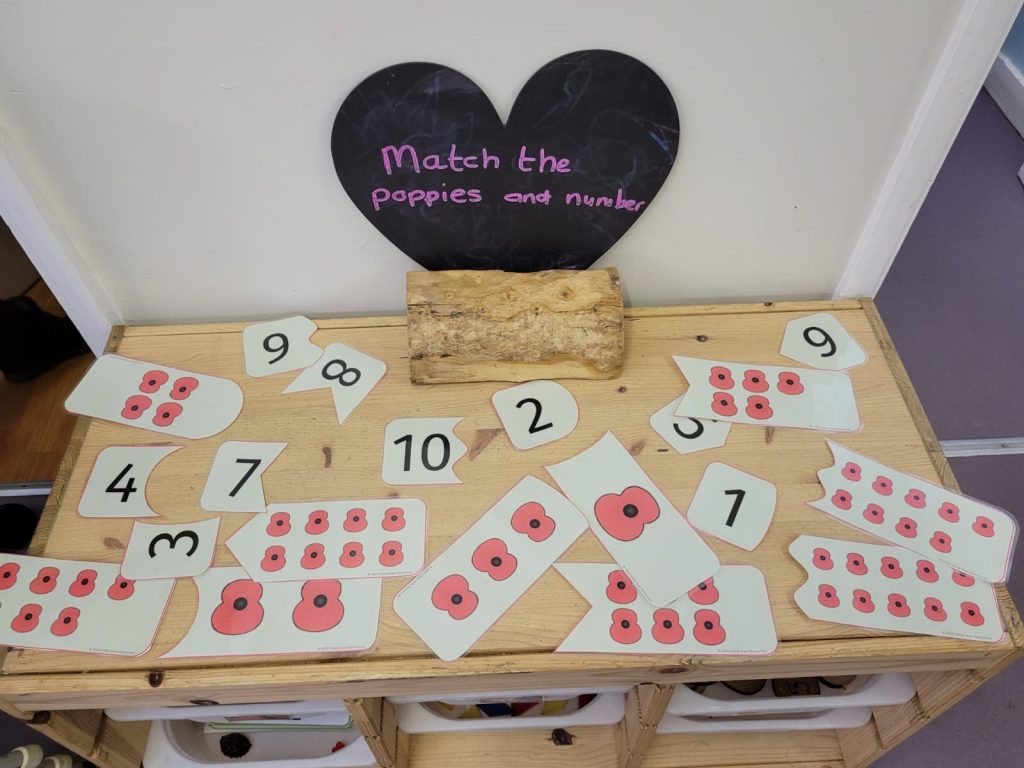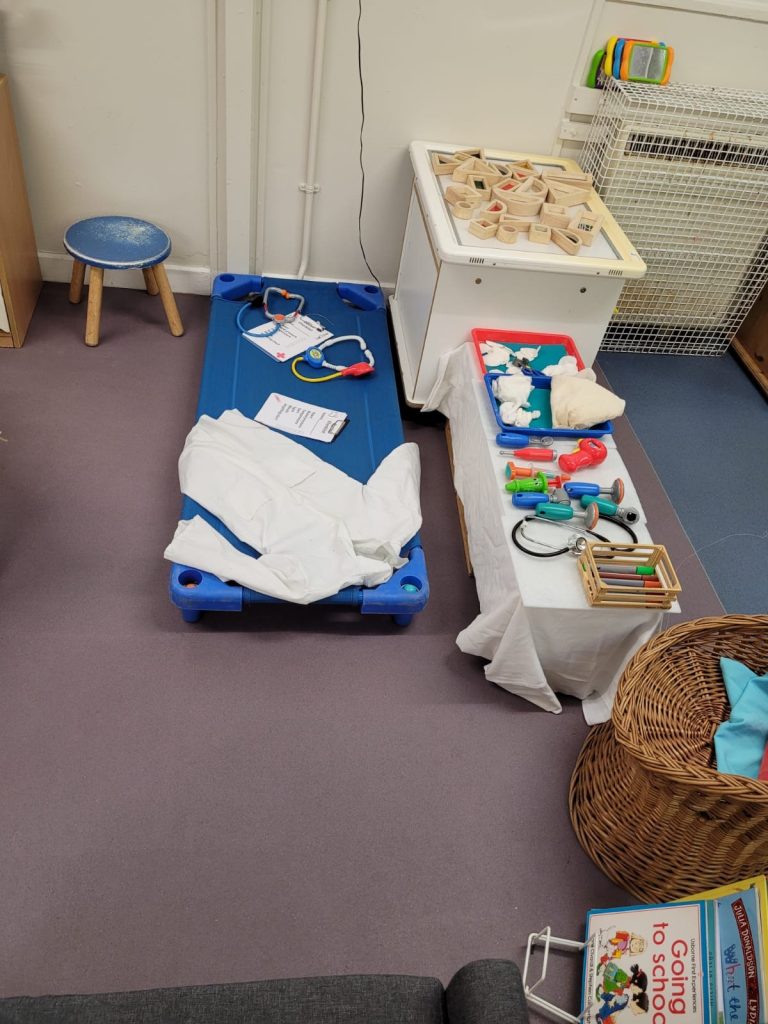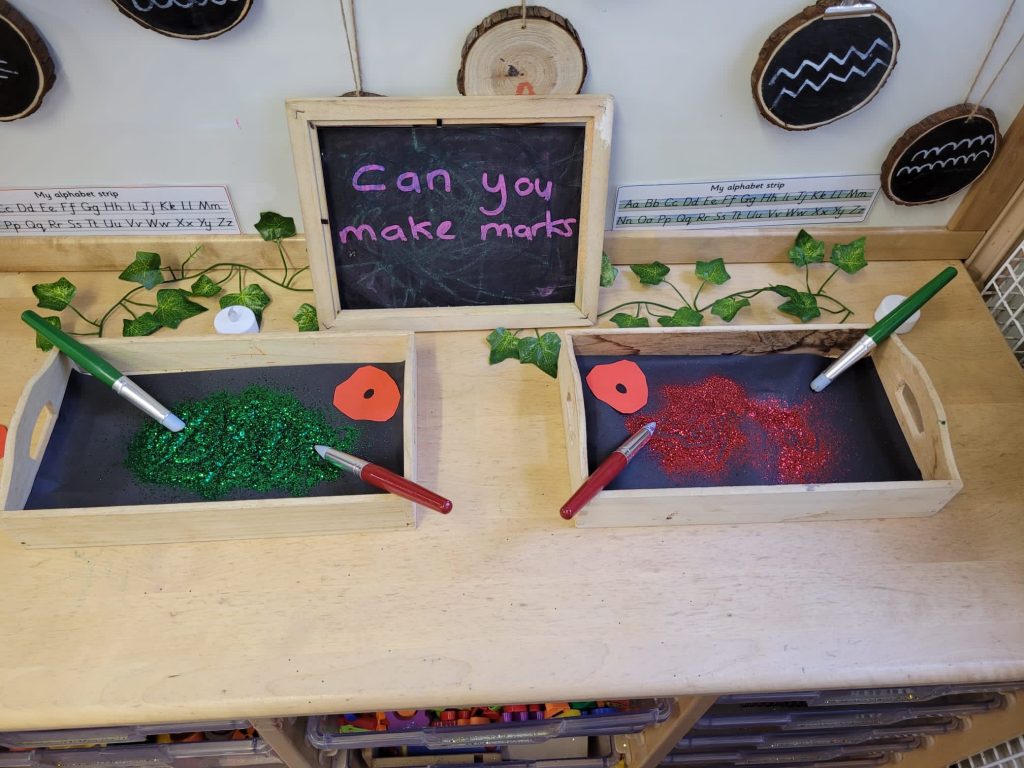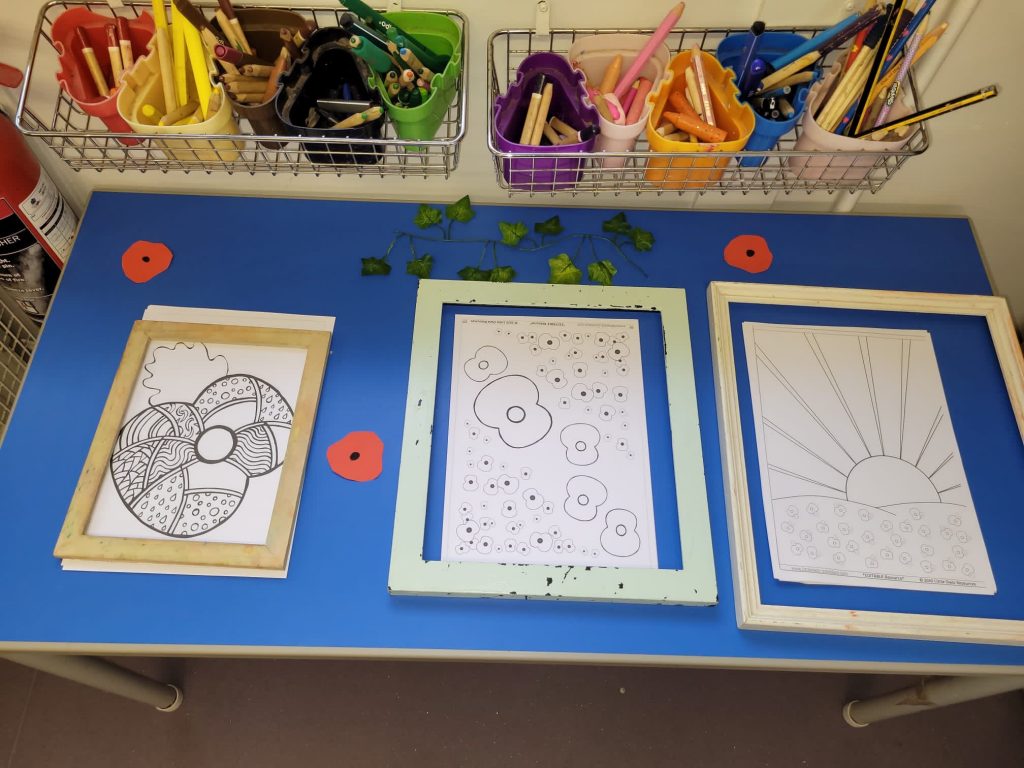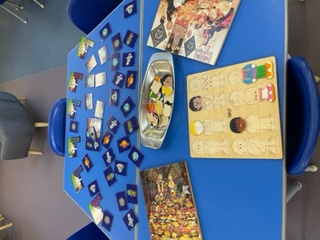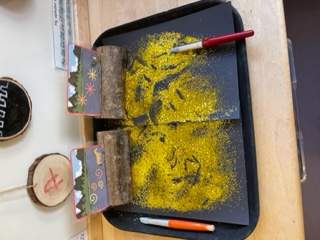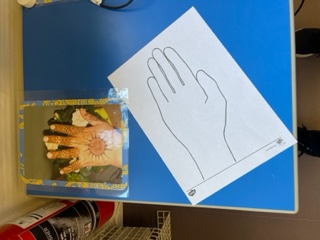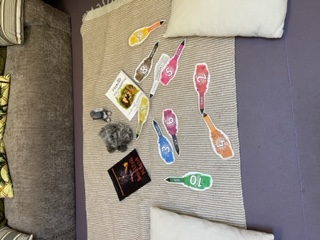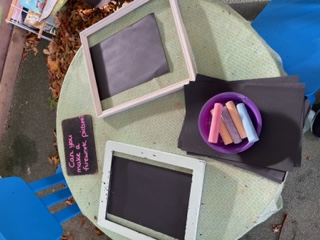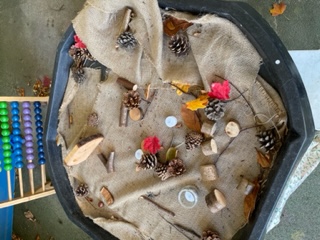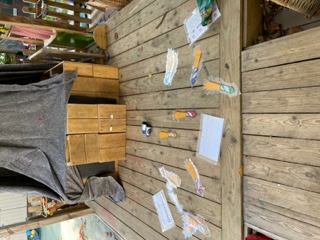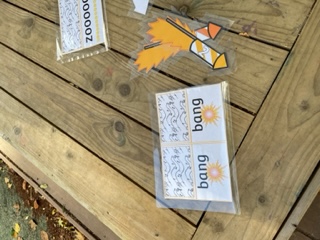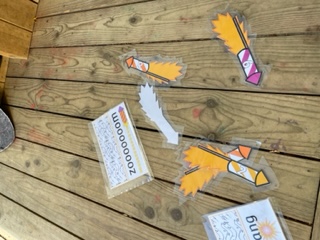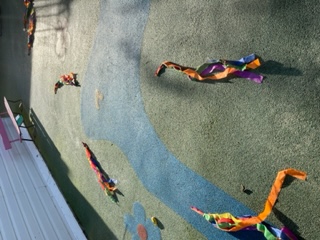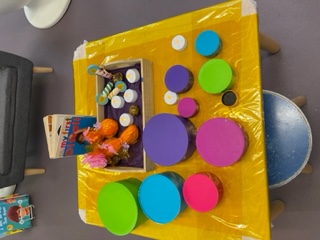- Talk about the lost and found story
- How are characters feeling throughout?
- Make an igloo role play area inside
- Talk about what makes us feel lonely
- Create marks in glitter
- Copy names by piping glue and cover with glitter
- Measure polar bears using cubes
- Make lost and found small world scene
- Use large blocks to build a row boat/igloo
- Jump across the ice sheets on the playground
- Investigate frozen items
- Small world sea/ocean with water beads
- Introduce woodwork bench with tools
- Blubber experiment – how animals keep warm
- Create lolly stick snowflakes
All posts by Nikki Wims
Week commencing 10th January – Winter
- Discuss the signs of winter using picture cards
- Put on coats independently for outside
- Read winter themed books, e.g “First Snow” “The Snowman” “Gruffalo’s Child”
- Match the rhyming mittens
- Playdough Snowballs/Snowmen
- Measure how long ice melts using timer
- Winter wonderland themed tuff spot
- Build dens for animals using natural resources
- Paint with coloured ice
- Make recipes in mud kitchen
- Make winter sounds using instruments
- Find things on the winter hunt list
- Use magnetic letters to print in salt/glitter
- Investigate items frozen in ice
- Cut snowflakes with paper
- Make snowballs in cornflower gloop
Christmas 2021
This week we will:
- Talk about Christmas traditions
- Practice Nativity
- Christmas craft – envelopes, cards, wrapping paper, baubles
- Pin the nose on the snowman
- Decorate the tree with baubles
- Leap like a reindeer
- Use puppets to tell stories
- Build Christmas shapes using magnetic shapes
- Freeze Christmas natural objects
- Make gloop and roll into snowballs
- Christmas wrapping area: sellotape, string, scissors
- Use blocks to build a Christmas scene
- Put antler pegs on reindeer, matching colours
- Remove starts from foam using tweezers
- Match the shape envelopes to the post boxes
Gingerbread Men
This week we will:
- Talk about the story of the gingerbread man
- Look at alternative stories
- Design & make gingerbread men
- Ginger spiced playdoh
- Cut people & join using split pins
- Put buttons on gingerbread men using tweezers
- Make a bridge across the river
- Practice nativity songs
- Use puppets to tell stories
- Make/bake things in the mud kitchen
- Draw around children on playground to make gingerbread men
Week commencing 15th November 2021 – Nursery Rhymes Week
This week we will:
- Learn new rhymes
- Read stories and look for rhyming words
- Paint using tea bags
- Make flowers for Mary Mary
- Make obstacles to jump over, e.g Hey Diddle Diddle
- Perform nursery rhymes on the stage
- Sing ring songs e.g Hokey Cokey
- Use big movements for action songs
- Introduce woodwork tools
- Draw stars in glitter
- Introduce rhyme sacks
- How can we look after ourselves?
Week commencing 8th November 2021 – Remembrance Day
This week we will:
- Talk about why the day is special and the meaning behind poppies
- Make poppies and role play selling them at a stall
- Role play doctors area for treating the wounded
- Talk about occupations/families
- Match the poppies with the numbers
- Make biscuits into poppies using icing
- Make painted poppies using handprints and apples
- Make poppy field landscapes using fingerprints
- Use playdoh on poppy themed mats and tools
- Use poppy themed colouring pages
- Use different shapes to make poppies
- Draw poppies in sand and glitter
- Use coloured water with bubbles and cupcake cases
Week commencing 1st November 2021 – Fireworks/Diwali
This week we will:
- Sing firework songs with sounds
- Make a dark den and use torches
- Talk about the festival of light
- Make fireworks in the sand
- Draw rangoli patterns with chalk on the playgrounds
- Dance like like fireworks
- Listen to the story of Rama & Sita
- Make fireworks out of shapes
- Explore sparkly playdough
- Make catherine wheel pictures with glitter
- Make 3D junk model rockets
- Talk about safety at bonfire night
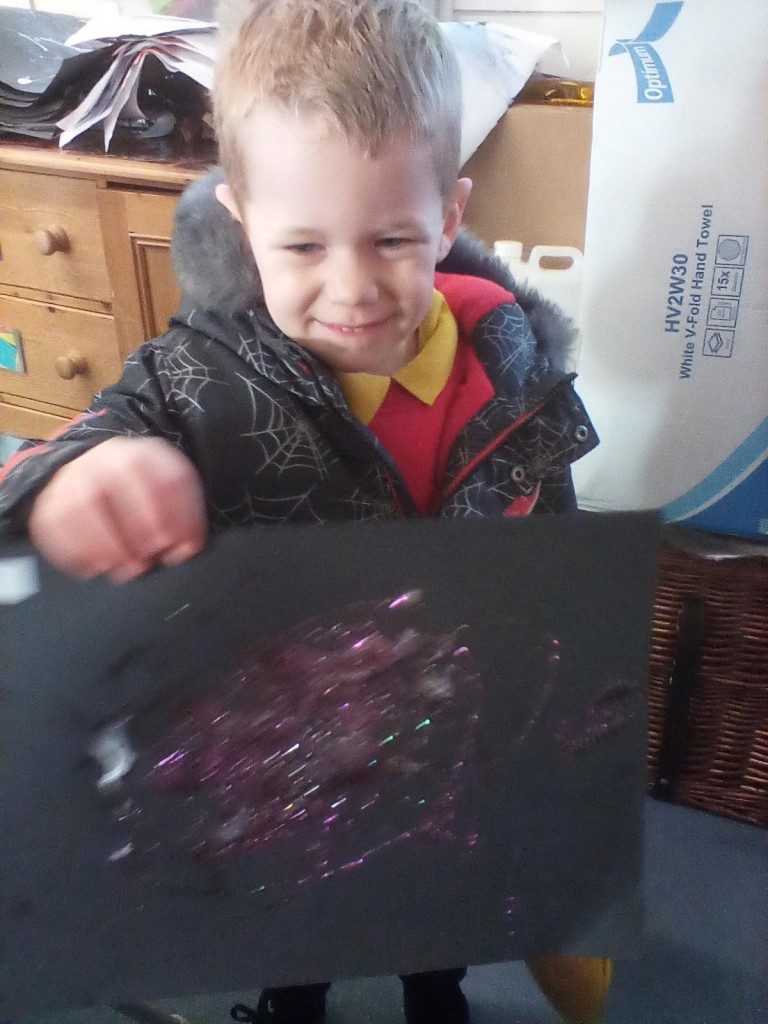
Catherine wheel 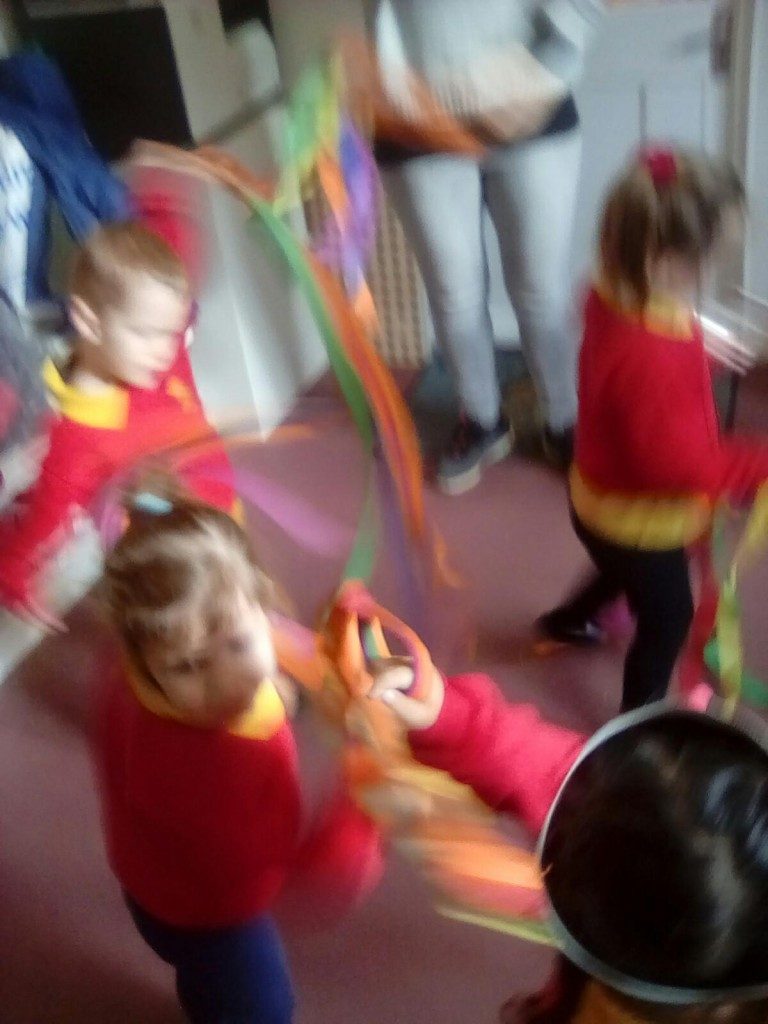
Dancing like fireworks 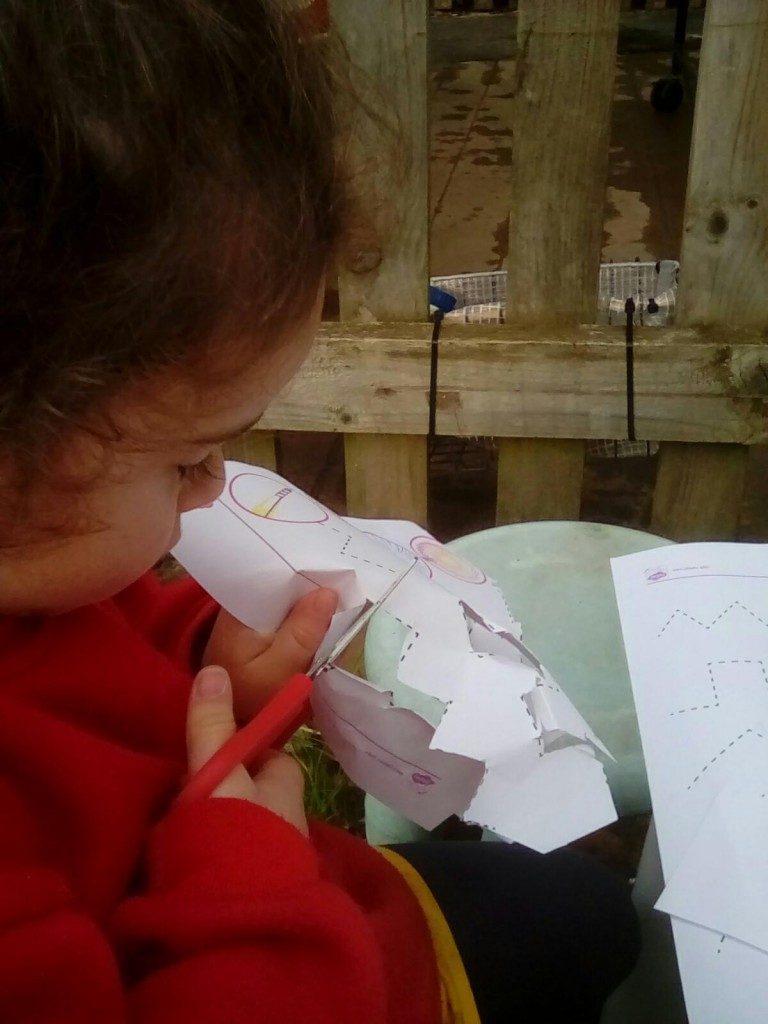
Cutting fireworks out of shapes 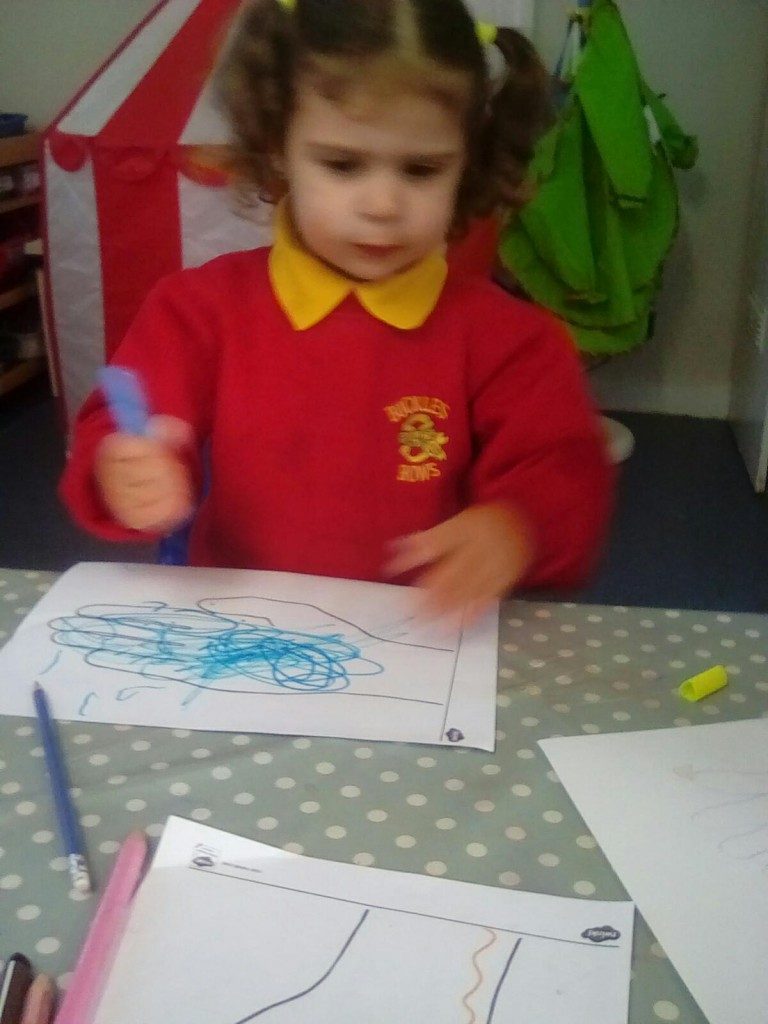
Diwali

